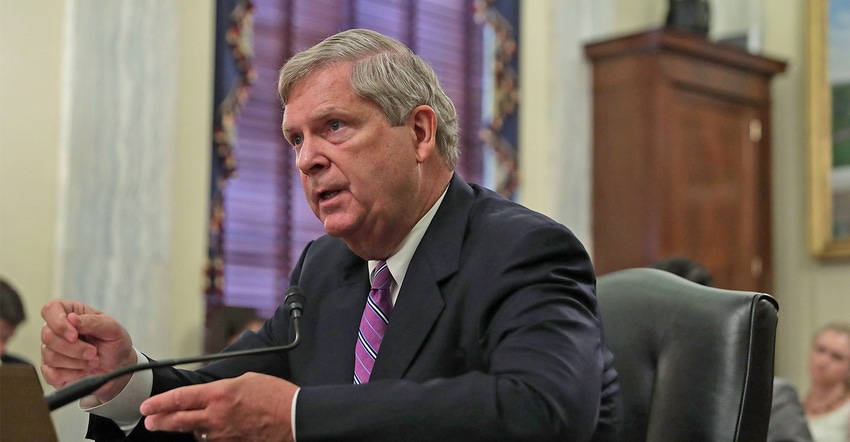February 17, 2021

It is imperative that agriculture is engaged in tangible and meaningful ways, with the current administration.
I begin with the above statement as it contains the prime directive, if we in agriculture are to accomplish all that needs to be done within a four-year time frame. Without a focused engagement, this opportunity may never present itself again.
Agriculture is a major component in the Biden administration’s focus on the environment and climate change. Just how important it is will become more apparent if incoming Secretary of Agriculture nominee Tom Vilsack takes office. It will be his task to prioritize key elements of his boss’ strategic plan. As of this writing, Vilsack has cleared the Senate approval process but is still waiting for confirmation.
This plan, though complex in nature due to the vision set forth by President Joe Biden, is not the only task on the secretary’s plate, however. There’s the usual fare of farm-based programs which needs attention, not to mention the approaching expiration of the current farm bill. In addition, the secretary has also been charged with the task of assuring equal treatment in lending policies, regardless of race.
A little history
What then, can we expect from the incoming secretary, who already has been around the block before? Is it going to be déjà vu with Vilsack, or can we expect something new? Let me give you two observations which hold relevance:
Back in 2008, when Barack Obama became president, newly confirmed Secretary of Agriculture Vilsack presented the administration’s policy goals for the USDA at a wheat growers’ conference in Washington, with yours truly in attendance. As Vilsack ended his address, my conclusion was that unless we were able to get our message across the table and effectively engage the administration and members of Congress, this was going to be a long four years.
We rolled up our sleeves and began to go to work, establishing policy objectives and communicating to all who would listen, including Vilsack. Eight years later, we successfully passed one farm bill, including conservation provisions vital to protecting our environment; strengthened and improved our crop insurance program; and provided valuable input regarding trade agreements, all largely accomplished with bipartisan support.
In early 2014, prior to the general session at the Commodity Classic, the presidents of the corn, soybean, wheat and sorghum commodity groups attended a private breakfast, hosting Vilsack as the guest of honor, prior to his keynote address at the convention.
In typical farmer fashion, silence was in abundance as we sat down and consumed our early morning meal. As we ate, I posed a question for the secretary to respond. The rest of our meal was replete with observations and stories, which he shared, reflecting on his learned experiences as the nation’s foremost agricultural advocate.
Which brings us back to the controlling thought of this day: It is imperative that agriculture is engaged in tangible and meaningful ways with the current administration.
Moving forward
Mr. Vilsack is certainly not the same man who began his role as an untested Secretary of Agriculture, as he and I sat down for breakfast nearly eight years later. We learned from the experiences and were able to work together on issues vital to both the White House and farmers who charged us with the responsibility to represent them on the Hill.
Going forward, it is encouraging to see commodity groups moving ahead, engaging the president; and department chiefs who carry out the mandate of the President. one concern, however, considering the current political mood, is whether enough engagement is being done with new members of the House and Senate agricultural committees. They and their staff are the people who will carry any initiative through the legislative process, and neither success nor failure should be assumed nor expected.
Penner is a Marion County farmer and past president of the National Association of Wheat Growers. His email is [email protected].
About the Author(s)
You May Also Like




